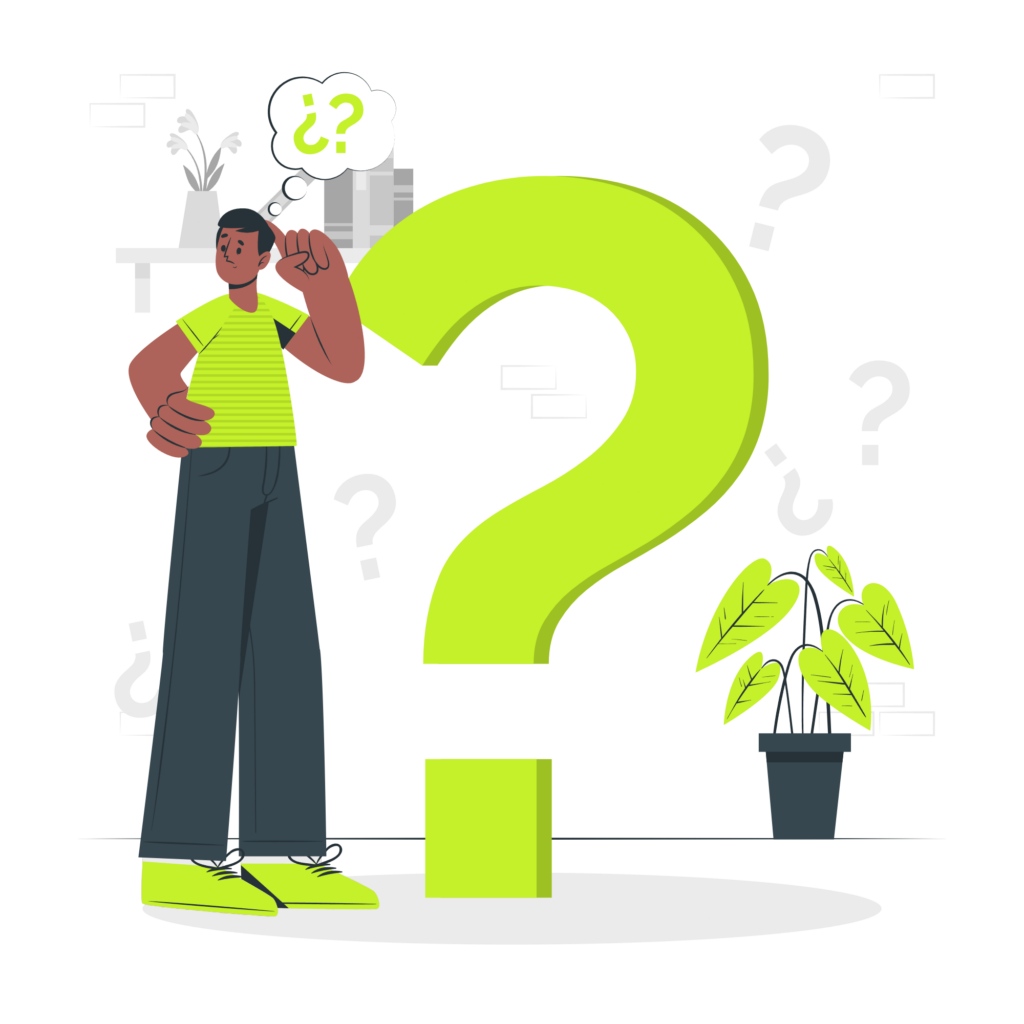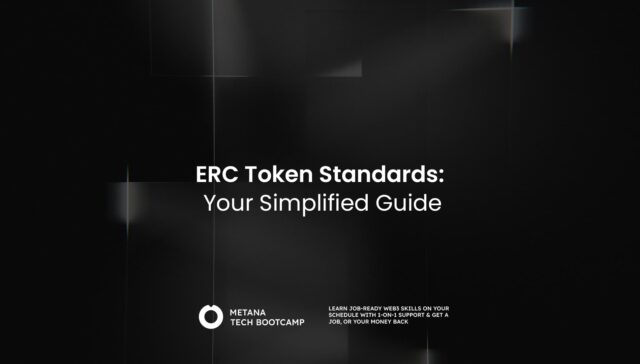Imagine a super secure way to store information and run programs on the internet, like a giant digital record keeper everyone can trust. That’s what blockchains are. But right now, blockchains struggle with two things: keeping things private and handling a lot of traffic at once.
This article dives into how a powerful new tool called zk-SNARKs can help blockchains overcome these challenges. We’ll also explore how Solidity and zk-SNARKs can work together, to unlock exciting possibilities for the future!
Understanding Solidity
Solidity is a programming language designed specifically to build these programs, called smart contracts. Think of them like tiny vending machines on the blockchain, securely following instructions to automatically buy, sell, or trade things. The smart contracts are secure and transparent, but they show all the details of a transaction. This isn’t ideal for things like financial transactions or medical records.

Solidity is like a popular coding language (JavaScript) you might already know, making it easy to learn for many developers. Here’s what makes Solidity so powerful:
- Fort Knox Security: Solidity inherits the bulletproof security of the blockchain it runs on, ensuring no one can tamper with the smart contracts you create.
- Easy to Read: Solidity uses clear instructions, making it straightforward for developers to understand and write smart contracts.
- Big Toolbox: A whole community of developers supports Solidity, along with helpful tools like Truffle and Remix that make building blockchain applications a breeze.
Solidity has been used to create all sorts of cool things on blockchains, from secure financial apps (DeFi) to marketplaces for unique digital items (NFTs) and even games where you can predict the future! However, as blockchains become more popular, they’re starting to get clogged up, and keeping things private can be tricky.
Understanding zk-SNARKs
Imagine whispering a secret to someone and proving you know it without actually saying the secret out loud. That’s kind of what zk-SNARKs do in the world of blockchains! They’re a special tool that allows someone (the prover) to prove something is true (like a transaction happened) to someone else (the verifier) without revealing any extra details.
This is a game-changer for blockchains because right now, everything on a blockchain is like shouting in a crowded room – everyone can hear everything! zk-SNARKs let you keep things private, which is perfect for things like financial transactions or medical records.
This can help keep things private. In the context of blockchains, zk-SNARKs offer a revolutionary solution:
- Privacy Enhancement: zk-SNARKs act like tiny secret vaults on the blockchain. You can put proof of a transaction inside without revealing the details themselves. This is important for applications dealing with sensitive information like financial data or medical records.
- Scalability Boost: By keeping things short and sweet, zk-SNARKs can help blockchains process transactions much faster. It’s like taking a shortcut on a crowded highway.
The core workflow of zk-SNARKs involves three stages:
- Setup Phase: A trusted setup ceremony generates cryptographic keys and parameters used throughout the system. This is a critical step requiring careful security considerations.
- Proving Phase: The prover generates a zk-SNARK proving they possess certain knowledge or have performed a specific computation without revealing the details.
- Verification Phase: The verifier, using the public parameters, efficiently verifies the proof without needing to re-execute the computation.
While zk-SNARKs are powerful, they can be a bit tricky to use with Solidity because they require some special tools. Notably, the creation of zk-SNARK proofs often require specialized programming languages and tools outside Solidity’s domain.

Integrating zk-SNARKs with Solidity
Imagine combining the power of secure agreements (Solidity) with keeping things private (zk-SNARKs). This is what researchers are working on. By combining these two, developers could create a new generation of blockchain applications that are:
- Private: Transactions and other actions can be verified without revealing all the details.
- Faster: By using zk-SNARKs, some of the work can be done off the blockchain, making things faster overall.
Here are some promising approaches on integrating zk-SNARKs with Solidity:
- Zero-Knowledge Virtual Machines (zkVMs): These are virtual machines specifically designed to execute smart contracts while leveraging zk-SNARKs for privacy-preserving computation. Developers can write code in Solidity and leverage the zkVM to generate zk-SNARK proofs for verification on the blockchain.
- Circuits and SNARK Libraries: Libraries like Circom and Snarky offer tools for developers to convert Solidity code into low-level circuits. These circuits can then be used to generate zk-SNARK proofs compatible with verification on the blockchain.
- Precompiled Contracts: While not ideal for general-purpose use cases, precompiled contracts can provide limited functionality for integrating zk-SNARK proofs within Solidity code.
These advancements pave the way for a new generation of privacy-conscious and scalable blockchain applications.
Applications of zk-SNARKs in Solidity
By combining Solidity (the coding language for blockchains) with zk-SNARKs (a fancy privacy tool), developers can create all sorts of cool applications:
- Private Transactions: Want to buy or sell things on financial apps built on blockchains (like DeFi) without everyone seeing the details? zk-SNARKs can keep your transactions private, showing only that they happened, not the amounts or who was involved.
- Scalable Gaming: Ever get annoyed by lag in online games with blockchains? zk-SNARKs can speed things up by handling complex calculations behind the scenes, making gameplay smoother for everyone.
- Confidential Voting: zk-SNARKs can be used to create secure online voting systems where you can prove you voted without anyone knowing who you chose. This could make voting more convenient and trustworthy.
- Identity Management: Need to prove you’re old enough for something online without showing your entire ID? zk-SNARKs can let you prove you meet certain requirements (like age) without revealing all your personal data.
Of course, there are still some challenges to overcome before these superpowers are fully unlocked. For example:
- Complexity: Implementing zk-SNARKs requires a deeper understanding of cryptography compared to traditional Solidity development. This can create a barrier to entry for some developers. Developers are working on making them easier to use with Solidity.
- Verification Overhead: Even though zk-SNARKs are small, verifying them on the blockchain still takes a bit of work. Researchers are looking for ways to make this faster.
- Trusted Setup: Getting zk-SNARKs started securely requires a complex process. Developers are finding ways to make this more reliable.
Despite these challenges, the blockchain community is actively working on solutions. Here are some promising areas of development:
- Friendly Development Tools: User-friendly libraries and frameworks are being developed to simplify zk-SNARK integration for Solidity developers.
- Post-Quantum Cryptography: Researchers are constantly working to ensure zk-SNARKs stay secure, especially against future supercomputers.
- Decentralized Trusted Setup: As zk-SNARKs and Solidity become easier to use, they’ll be used in more places, leading to a whole new wave of innovative blockchain applications.
Conclusion: Solidity and zk-SNARKs
Imagine a future where blockchains are even more powerful, keeping your information private while still being secure and reliable. That’s the promise of combining Solidity (the coding language for blockchains) with zk-SNARKs (a fancy privacy tool). This powerful duo will make it easier for developers to build all sorts of innovative applications, from private financial transactions to smoother online games. As these tools become more user-friendly, blockchain technology will become more widely used, giving us more control over our data and leading to a whole new wave of exciting possibilities

FAQs
What are zk-SNARKs and how do they work with Solidity?
- zk-SNARKs (Zero-Knowledge Succinct Non-Interactive Argument of Knowledge) enable transaction privacy on blockchain networks. Integrated into Solidity, they enhance Ethereum smart contracts by allowing operations without revealing user data.
How can developers integrate zk-SNARKs into Solidity contracts?
- Developers can integrate zk-SNARKs into Solidity through specific pre-compiled contracts or libraries designed to handle zero-knowledge proofs, ensuring secure and private transactions.
What benefits do zk-SNARKs bring to smart contracts?
- zk-SNARKs add layers of privacy and security to smart contracts, minimize transaction sizes, and improve verification times, enhancing the overall efficiency and scalability of blockchain applications.
Are there any challenges in using zk-SNARKs with Solidity?
- The main challenges include the complex setup process, high computational requirements, and the need for specialized knowledge in cryptographic techniques to effectively implement zk-SNARKs.
What are some practical applications of zk-SNARKs in blockchain technology?
- Practical applications include private transactions, secure voting systems, anonymous identity verification, and confidential financial services on blockchain platforms.
What is Solidity and why is it important for blockchain development?
- Solidity is a programming language specifically designed for developing smart contracts on the Ethereum blockchain. It is crucial for creating decentralized applications (dApps) and implementing complex contractual agreements digitally.
What are smart contracts and how do they work?
- Smart contracts are self-executing contracts with the terms of the agreement directly written into lines of code, which automatically enforce and execute the terms when conditions are met.
How does blockchain technology enhance data security?
- Blockchain technology provides enhanced security through decentralization, cryptographic hashing, and consensus algorithms, making it nearly impossible to alter data without network consensus.
What is Ethereum and its role in blockchain applications?
- Ethereum is a decentralized platform that allows developers to build and deploy smart contracts and decentralized applications (dApps) without third-party interference, leading the way in blockchain application development.
How can blockchain technology impact financial services?
- Blockchain can revolutionize financial services by introducing transparency, reducing fraudulent activities, simplifying processes, and lowering costs through decentralized finance (DeFi) solutions.







